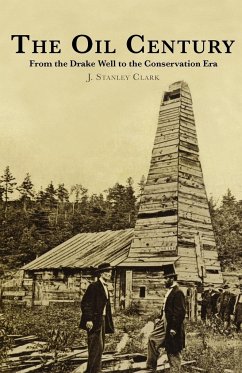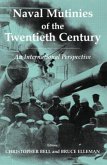The Age of Petroleum which began with sudden and dramatic power on August 27, 1859, when the first commercial oil well was completed near Titusville, Pennsylvania, is just a century old. The story of oil and of the industrial and social transformations it has effected during the past one hundred years is a rewarding one in itself. But J. Stanley Clark has provided an extra insight into this great development by tracing also the course of production techniques from rank waste to conservation. It is a story of the quick grab for mineral riches; of unpredictable results in times when geology had as yet few or no applications; of wild-flowing wells and insufficient storage and pipe line facilities; of consolidations and mergers and small and large facilities; of attempts, fumbling at first, precise and effective later, to get the most out of the hugh subterranean storehouse of oil and natural gas. In short, it is the record of the greatest bonanza of them all. For a country which has grown accustomed to high-speed individual transportation, Mr. Clark's reconstruction of certain events will seem almost incredible. As late as 1920, the oil industry and its twin, the motor car industry, literally had no place to go. Public roads were deplorably inadequate-so much so that oil-field trucks had to give way to mules in moving equipment to well locations. But the slow triumph of road construction and the fast accelerating development of other fields have given the country what it may now take for granted-as long as it has access to a well-managed petroleum resource, at home and abroad. J. Stanley Clark, a civilian employee of Tinker Air Force Base, Oklahoma City, is a historian in his spare time. His interests lie in industrial as well as in general history, and his Ph.D. is from the University of Wisconsin.
Hinweis: Dieser Artikel kann nur an eine deutsche Lieferadresse ausgeliefert werden.
Hinweis: Dieser Artikel kann nur an eine deutsche Lieferadresse ausgeliefert werden.








